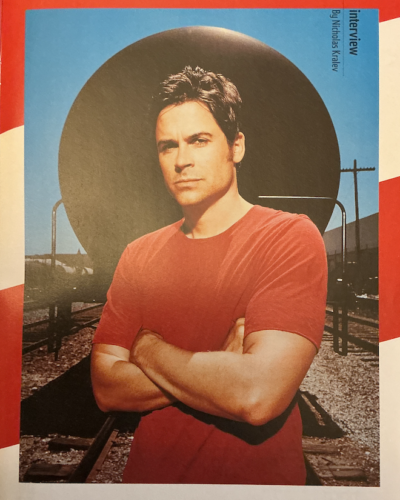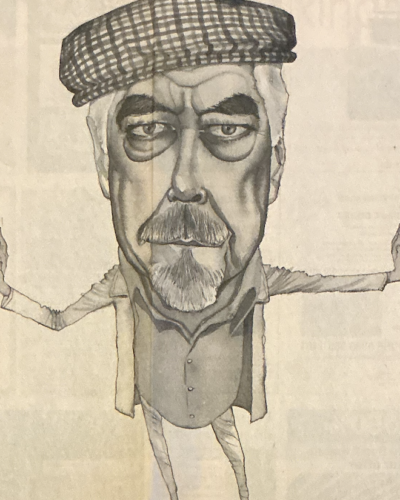Specs, fame and satisfaction
James Spader calmly challenges the “mystery man” image he’s had among film audiences since playing a sexually troubled youth in “Sex, Lies and Videotape” more than 13 years ago, and he does it with the simplest, facts-of-life arguments.
His choice of roles, he explains, has never been determined by a need to “manage” his career or build himself up as a particular “type”, but rather by how a certain project fits into the rest of his life — sometimes it’s “my being out of money”, sometimes it’s “my children being out of school”. So he would “take whatever I can find at that time” and “try to make the best of it”.
“Every few years I do a film I’m really excited about, and the rest of the time I’m finding a way to make a living, still doing something that interests me,” he says in a characteristically soft manner. “I’m able to do that, and it works out great for me. I like making films, but I’m not going to connect my entire life to it”…






